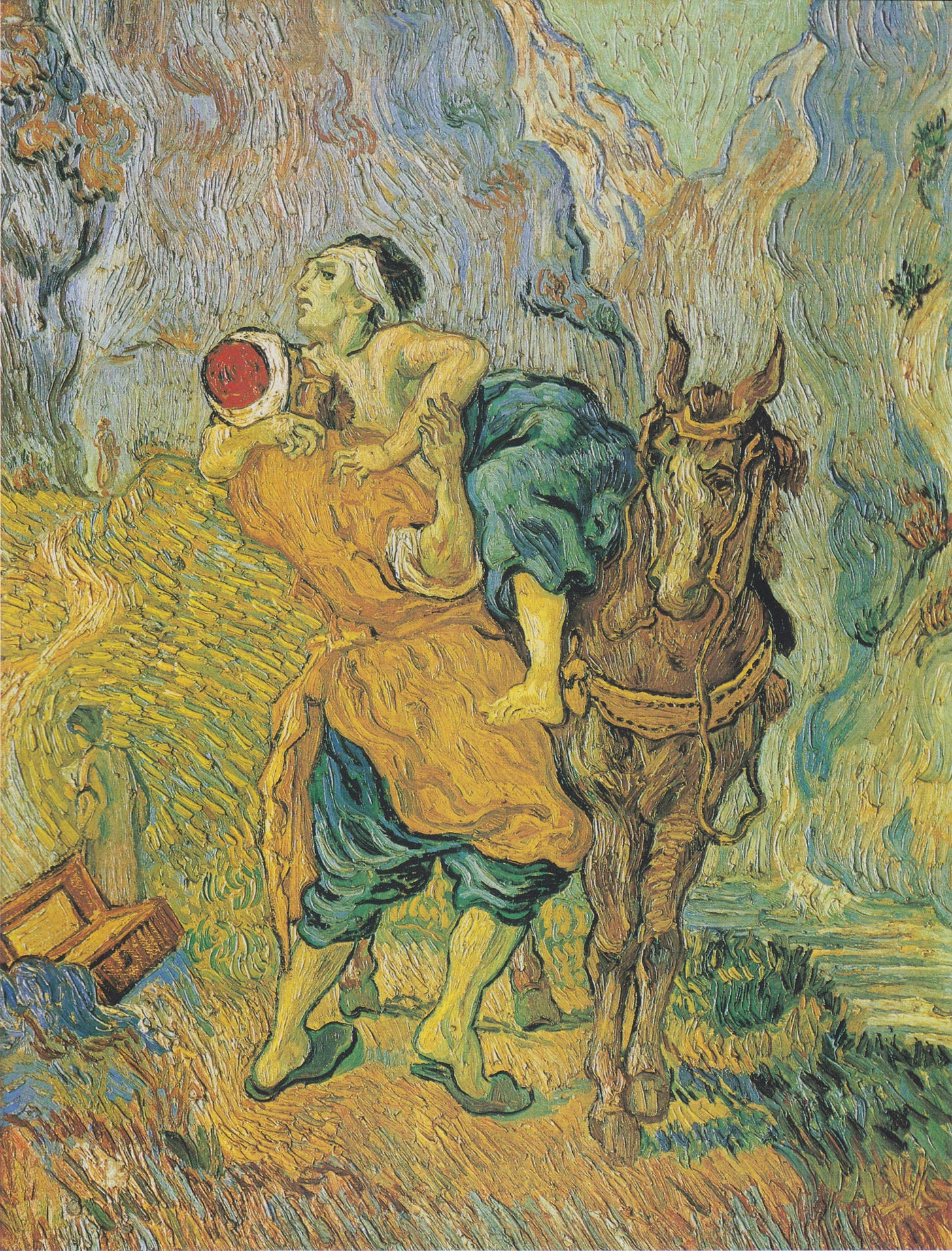Question number five is very important:
An account of a “helping incident” in which you were the person who provided the help. Include the nature and extent of the request, your assessment of the issue(s), problem(s), situation(s). Describe how you came to be involved and what you did. Give a brief, evaluative commentary on what you did and how you believe you were able to help.
For this one, I want to know about an instance in which an aspirant served another person in a “chaplain-like” way. What I usually get—and the wording of the question sets applicants up for this, so I don’t blame them—is a story about the applicant doing something practical for another person: fixing their tire, bringing them food, taking them to a shelter. A simple description of the act shows they’re willing to help, which is important; but more importantly, I want to know what their internal experience was like. How and why do you believe you were able to help? It wasn’t just because you happened to have a burrito on hand or the money to buy it. I want to know how you could see that this person was living from one meal to the next and how you summoned the compassion. I want to know how that awareness and empathy enacted your belief that you are called to serve when you are able.
And number six:
Your impressions of Clinical Pastoral Education. Indicate, for example, what you believe or imagine CPE to be. Indicate if CPE is being required of you. Indicate any learning goals or issues of which you are aware and would like to address in CPE. Finally, indicate how CPE may be able to help you meet needs generated by your spiritual care practice or call to ministry.
If you don’t know much about CPE, just say so. I can sniff out advice and CPE lingo that’s been cut and pasted from websites (“Mention the action-reflection model”—“tell them you’re ready to reflect on your previous experiences”). If you don’t really know what you’re talking about, this will become painfully obvious when you’re in the interview and I reference your response, then press you to go deeper.
For the most part, candidates don’t have a clue what they’re in for. But many have heard vague stories—the same way, when I was asking around about CPE before I started my first unit, I knew only that CPE had left my friend Greg with a look of glazed horror on his face and an inability to put his experience into words.
The primary question I’m asking as I review applications is: “Can I trust this person to be alone with patients?” If anyone on the committee has any reservations at all, the answer is “No” and they’re not accepted. I want to see if a candidate can admit they don’t know what they don’t know. I’m looking for an awareness of boundaries and for authenticity and humility.
Thanks for your support. Please share and subscribe if you found this content helpful. Also, leave me a note if there’s something specific you’d like to know when considering if Clinical Pastoral Education is right for you.
(This is an excerpt from my forthcoming memoir Stay with Me, I Want to Be Alone)




